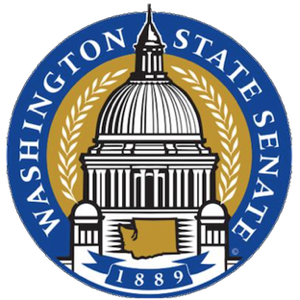The Washington State Senate Ways and Means Committee (WA Senate WM) considers the operating and capital budget bills and related legislation, including the authorization of state debt. The committee also deals with tax policy and other fiscal issues such as pension policy and compensation in addition to bills with operating budget fiscal impacts.
Executive Session
- SB 5983 - "Concerning untested and unregulated cannabinoid products."
